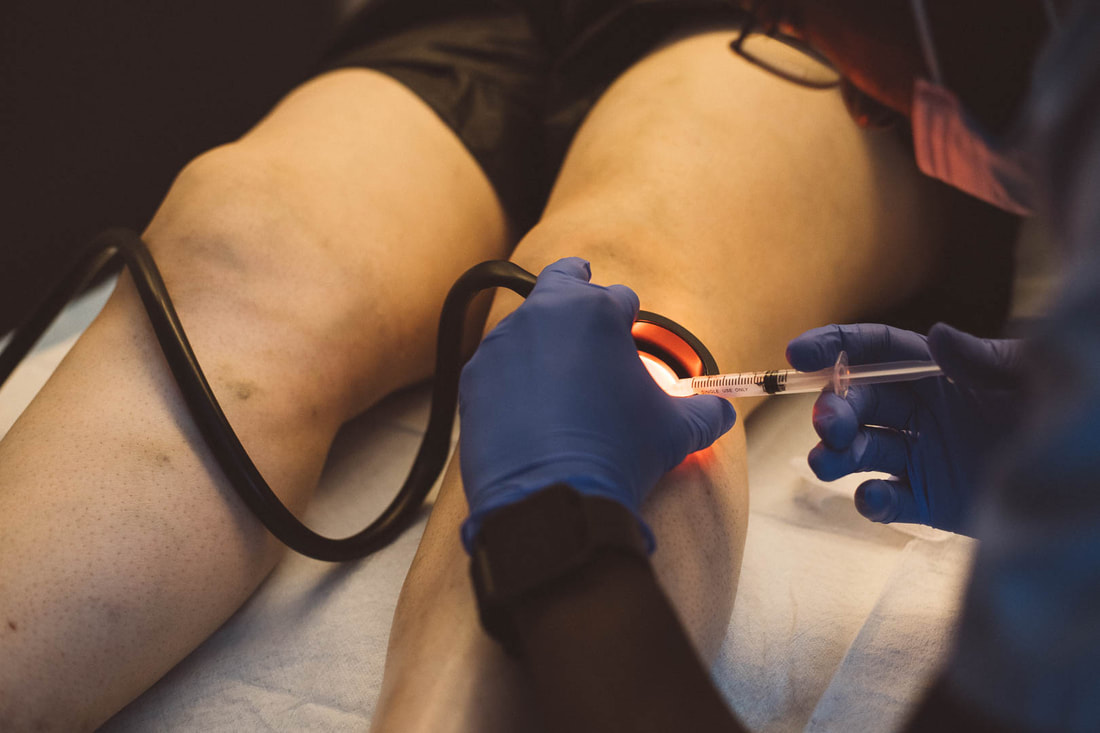When to see a Vascular Doctor, understanding the role of vascular doctors, recognizing the right time to consult them, and being aware of the available treatment options for conditions like varicose veins is essential. This comprehensive guide aims to provide you with everything you need to know about seeing a vascular doctor, with a special focus on varicose veins and their treatment options.
The Role Of Vascular Doctors
Vascular doctors, also known as vascular surgeons or vascular specialists, are medical professionals who specialize in diagnosing and treating conditions related to the vascular system, which includes arteries, veins, and lymphatic vessels. They play a crucial role in maintaining and improving vascular health, ensuring proper blood circulation, and preventing potentially serious complications.
When To See A Vascular Doctor
Persistent Leg Pain: If you experience persistent leg pain, cramping, or aching, especially during physical activity, it could be a sign of an underlying vascular issue. A vascular doctor can diagnose the cause and recommend appropriate treatment.
Swelling or Edema: Swelling in the legs, ankles, or feet might indicate poor venous circulation. Consulting a vascular doctor can help identify the root cause and prevent further complications.
Varicose Veins: The appearance of swollen, twisted veins just beneath the skin’s surface is a common condition known as varicose veins. While not always a medical concern, they can lead to discomfort and potential complications.
Non-Healing Wounds: Wounds, especially on the legs or feet, that take a long time to heal might be due to poor blood circulation. A vascular doctor can assess the situation and suggest appropriate interventions.
Family History: If you have a family history of vascular conditions, such as deep vein thrombosis (DVT) or aneurysms, it’s a good idea to consult a vascular doctor for preventive measures.
Treatment Options For Varicose Veins
what are the treatment options for varicose veins issue that often leads to discomfort and aesthetic concerns. Vascular doctors offer several treatment options, depending on the severity of the condition:
Lifestyle Modifications: Mild cases of varicose veins can often be managed with lifestyle changes. These may include regular exercise, maintaining a healthy weight, and avoiding prolonged periods of standing or sitting.
Compression Therapy: This involves wearing specially designed stockings that provide graduated compression to improve blood circulation and reduce swelling in the legs.
Sclerotherapy: In this minimally invasive procedure, a vascular doctor injects a solution directly into the affected veins, causing them to collapse and eventually fade from view.
Endovenous Laser Treatment (EVLT): Using laser technology, a vascular doctor can seal off problematic veins by directing laser energy into them. This causes the vein to close and the blood to reroute through healthier vessels.
Surgical Interventions: For severe cases, surgical procedures like vein ligation and stripping may be considered. These involve removing or tying off the affected veins.
Conclusion
Prioritizing your vascular health is crucial for overall well-being. Knowing when to consult a vascular doctor and understanding the available treatment options for conditions like varicose veins empowers you to make informed decisions about your health. Whether through lifestyle adjustments, minimally invasive procedures, or surgical interventions, vascular doctors are dedicated to providing personalized care to ensure optimal vascular function and a better quality of life. If you’re experiencing any symptoms or have concerns about your vascular health, don’t hesitate to reach out to a qualified vascular specialist.





